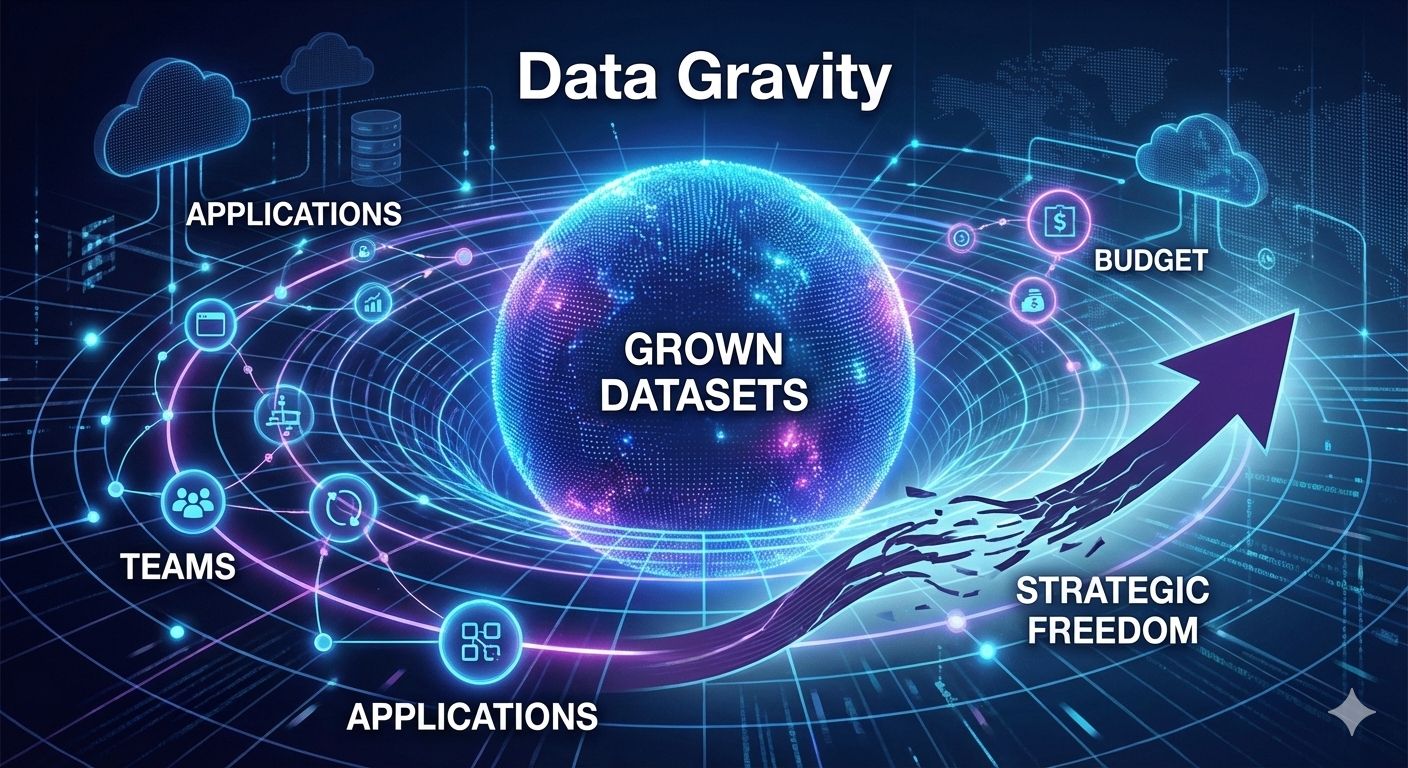A high-performing project team is the backbone of successful project execution. However, building a power team requires more than just assembling skilled individuals; it involves fostering collaboration, driving innovation, and managing change effectively. Let’s explore how project managers can build power teams while implementing successful change management strategies.
The Foundation of a Power Team
A power team is not just a group of experts but a cohesive unit that aligns with organisational goals and embraces a shared vision. Here are the key elements that define a power team:
- Diversity in Skills and Expertise: A blend of technical, strategic, and interpersonal skills creates a well-rounded team.
- Trust and Psychological Safety: Encouraging open communication and risk-taking without fear of repercussions.
- Clear Roles and Responsibilities: Well-defined roles help avoid confusion and increase accountability.
- Strong Leadership: A guiding force that ensures alignment with business objectives.
- Effective Collaboration Tools: Leveraging technology for seamless teamwork and communication.
The Role of the Project Manager in Building a Power Team
Project managers play a crucial role in shaping high-performing teams. Their responsibilities extend beyond managing timelines and budgets; they serve as facilitators, motivators, and change agents.
1. Setting the Vision and Purpose
A strong project manager communicates the purpose of the project and aligns the team’s efforts with the larger organizational mission. This sense of direction fosters motivation and commitment.
2. Encouraging Open Communication
Transparency and active listening are essential for a power team. Regular check-ins, feedback sessions, and open forums can help build trust and resolve conflicts effectively.
3. Empowering Team Members
Providing autonomy and ownership to team members leads to increased accountability and innovation. Delegating responsibilities and recognizing contributions fosters engagement and productivity.
4. Strengthening Collaboration and Team Bonding
Cross-functional collaboration enhances knowledge sharing and problem-solving. The project manager should create opportunities for team bonding through workshops, brainstorming sessions, and team-building activities.
5. Leading by Example
A project manager who demonstrates resilience, adaptability, and ethical leadership sets the tone for the entire team. By modeling best practices, they inspire others to perform at their best.
Change Management: The Project Manager as a Change Leader
Change is inevitable in any project, whether it’s a shift in technology, processes, or organisational structure. The way a project manager handles change determines its success.
1. Identifying the Need for Change
Project managers should proactively recognise the factors driving change—whether it’s market demand, stakeholder expectations, or technological advancements.
2. Creating a Change Management Plan
A structured approach to change includes defining objectives, assessing risks, and developing a roadmap for implementation.
3. Engaging Stakeholders
Gaining buy-in from key stakeholders is crucial for smooth transitions. The project manager should communicate the benefits of change and address concerns proactively.
4. Managing Resistance to Change
Resistance is natural, but it can be minimised through education, training, and clear communication. Encouraging participation and involving employees in decision-making reduces uncertainty.
5. Continuous Monitoring and Adaptation
Change management doesn’t end with implementation. The project manager should track progress, collect feedback, and refine strategies to ensure lasting success.
Conclusion
A power team thrives on trust, collaboration, and adaptability. The project manager’s role goes beyond managing tasks; they shape the team’s culture, drive innovation, and facilitate change. By implementing strong leadership principles and change management strategies, project managers can build teams that excel in dynamic environments and drive organisational success.
Image by rawpixel.com on Freepik




